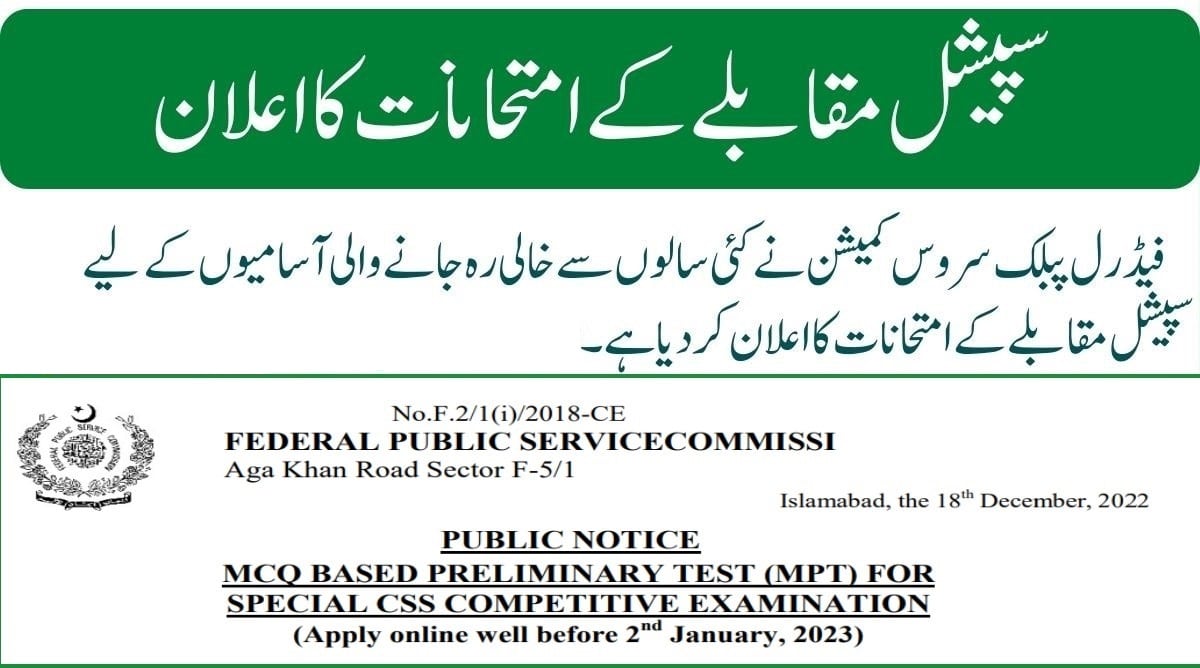
How to motivate yourself to achieve your goals? Change your behavior from the previous 90 days to the next 90 days. We can all change the Self Improvement Motivation 01 if we act differently under the same circumstances. Because we have no control over external conditions, we can improve ourselves by working on ourselves. People are attracted to the person they have become as a result of their success.
What is Self Improvement Motivation?
Self Improvement Motivation is the concept of achieving happiness via one’s own efforts. Personal development or self-improvement refers to activities that improve a person’s abilities and potential, improve their quality of life, and assist them in achieving their objectives and desires. Working hard in one’s profession can generate more money, but working hard on oneself can also earn a lot of money. Life is 90% how you react to the 10% of events that happen to you.
The following three abilities are crucial for self-improvement:
- Create a new mindset: If you can break out of your comfort zone and adopt a fresh outlook on yourself, it will be much easier to do so.
- Remain composed: It’s crucial to understand how to relax and defuse tense situations since you can make wiser decisions when your mind is at ease.
- Resilience: Try again after making a mistake. You can always recover. And from failure to failure, triumph follows.
Everyone goes through the process, recognizes the purpose and pleasure of developing, and makes a place for new stages to emerge. However, the intermediate and end stages differ based on the individual.
WHAT IS MOTIVATION?
Motivation is the mechanism that initiates, directs, and sustains goal-oriented behavior. When you are motivated, you act in a way that pushes you closer to your goals. What motivates us is the desire to achieve our goals, be more pleased, and improve our quality of life.
There are four crucial components of motivation:
- A person’s motivation to fulfill their goal for improvement and to live up to specific standards.
- Dedication to one’s own or a group’s objectives.
- Start preparing yourself to take advantage of available possibilities.
- Maintain momentum and pursue objectives despite failures.
TYPES OF MOTIVATORS:
There are two primary categories of motivators that encourage and influence someone to improve themselves and their quality of life:
- Intrinsic motivators
- Extrinsic motivators
Internal motivators are linked to people’s perceptions. It affects how individuals evaluate their own personalities. Satisfaction is the result of internal motivation. Having pleasure, being interested, and facing personal challenges are all intrinsic motivators.
Extrinsic motivators are external factors that influence a person. Extrinsic motivators can include any type of external inducements, such as money, prestige, or excellent exam or grade scores.
At different periods in their lives, different people are motivated by different motivations and circumstances. The same activity may have more intrinsic motivational aspects at times and more extrinsic motivational components at other times, and most tasks feature a combination of the two.
Self-improvement motivation is a motivating strategy that includes the self. It becomes much more vital when students must overcome obstacles while remaining motivated. Despite the similarities in how people are motivated to develop, different cultures approach development in different ways. People can demonstrate self-enhancement or self-criticism impulses in response to evaluative input.
HOW CAN YOU EMPOWER YOURSELF TO IMPROVE YOURSELF?
Try one of these evidence-based tactics to help you refocus on your goal when you’re feeling unmotivated.
PUT YOUR GOAL ON THE CALENDAR AND SET A GOAL: Setting a goal is always the initial step. Before you can decide what you want to accomplish and how you must first determine your strengths and shortcomings. To succeed, adhere to the procedures and process. Set a deadline when you’ve established your goal. This will increase personal drive. Set your target date with realism, but repress the impulse to give yourself more time than you’ll need. An achievable deadline will lessen the likelihood of procrastination or giving up.
FOCUS ON YOUR STRENGTHS: Improving ourselves entails not just addressing our flaws but also enhancing our skills, getting better at what we enjoy doing, and having a great time doing it. The process is less unpleasant and more fun when you concentrate on your abilities and build upon them.
OVERCOME YOUR FEARS: Fears are what keep people from taking chances or trying new things in life. Eliminating these concerns is crucial if a person is to fully appreciate everything in life. Your concerns keep you in the same place and prohibit you from making improvements in your life, whether they are phobias of danger, public speaking, or uncertainty. To overcome your worries, acknowledge them.
STAY FOCUSED: The key to producing effective results is to remain focused. You should start by creating a to-do list. as well as a week’s worth of events. in order to evaluate your performance. Making a list of the things you want to get done each day will keep your focus. The days you don’t do this, though, may end up being monotonous and fruitless. Because you haven’t planned how you will handle each thing, you risk forgetting some of them or running out of time. This aids with time management education as well.
FORM NEW HABITS: Developing new habits needs you to push yourself in a variety of ways, whether they are emotional, mental, or physical. You must swap your old habits for new ones if you wish to develop yourself or become a better person. You can also simply add a new habit to the ones you already have. Reading books, getting up early, working out, reading a new personal development article each day, and meditating are some healthy habits.
PARTICIPATE IN HEALTHY ACTIVITIES: Taking part in healthy activities is another approach to enhancing oneself. These activities help to relax the mind. A positive environment is created through healthy activities. One of the best methods to develop and help oneself is via competition. To compete with yourself and reach your objectives, set a challenge (such as weight loss, exercise, a financial challenge, etc.).
GET OUT OF YOUR COMFORT ZONE: Working hard is the key to success, and real growth requires it. Too much comfort stunts our growth and instead makes us complacent. Determine the boundaries of your comfort zone and how you might start to gradually venture outside of it. By stepping outside of your comfort zone, you can improve your abilities and skills to carry out many jobs that you might otherwise take for granted.
BE PATIENT: Self-improvement does not happen overnight. Processes take time, and this is one. Whenever you feel bored or unmotivated, get to work on your chores. Pain is a necessary part of success, not ease.
CELEBRATE SMALL ACHIEVEMENTS. “Remember to celebrate accomplishments as you prepare for the road ahead,” Nelson Mandela advised. Celebrating accomplishments is a positive habit. It gives the person the chance to reflect on his accomplishments, his development, and his lessons learned. It creates room for you to acknowledge who you are.
SEEK COMMENTS: Positive comments are like a turbo button. It offers insightful information that will help us advance. Progress is accelerated because other people can see things that we are unable to. We can improve by making the appropriate adjustments thanks to feedback. It also makes people more motivated to move forward.




